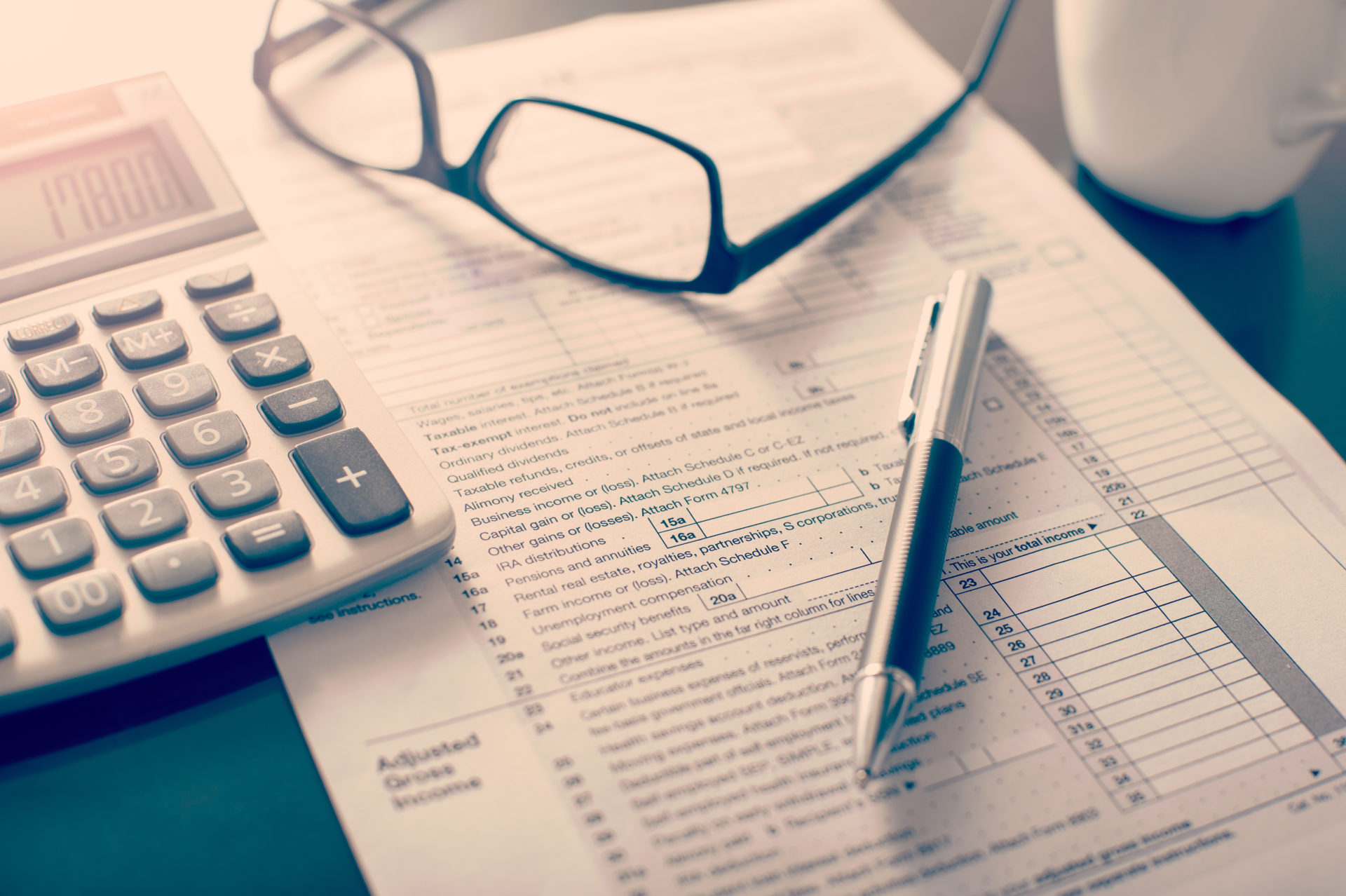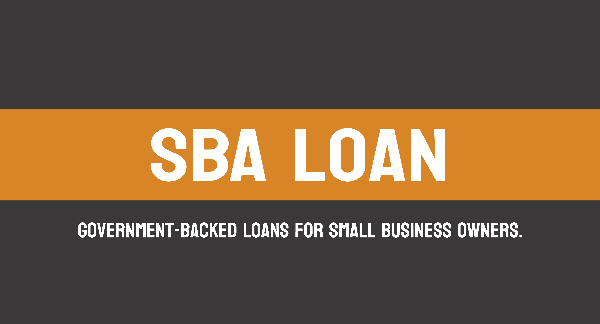
If you’re applying for an SBA loan, you should know that no one can legally charge you a fee unless it’s clearly disclosed on SBA Form 159—and you sign off on it. This rule protects small business owners like you from hidden costs and ensures the loan process stays transparent.
What Is SBA Form 159?
SBA Form 159, also called the Fee Disclosure Form and Compensation Agreement, is a required document anytime an agent, broker, consultant, or packager is paid for helping with your SBA loan.
This form makes sure you:
- Know exactly who is getting paid
- Understand how much you’re paying
- Agree to it in writing
Without this signed form, no one can legally collect a fee from you.
Why Hidden Fees Are Not Allowed
The SBA doesn’t just frown on undisclosed fees—they’re illegal. That’s because surprise charges can add unnecessary financial stress to small businesses. By requiring SBA Form 159, the SBA helps:
- Prevent predatory or inflated fees
- Keep the loan process fair and transparent
- Protect you from being taken advantage of
If someone tries to charge you outside of what’s listed on the form, they’re breaking the rules.
How You Can Stay Protected
Here are a few easy steps to keep your loan process safe and worry-free:
- Always ask for SBA Form 159 if you’re working with a broker or consultant.
- Don’t pay any upfront fees unless they’re listed on the form.
- Read before you sign to confirm the fee matches what you agreed to.
- Speak up if you suspect someone is trying to charge you without proper disclosure.
The Bottom Line
When it comes to SBA loans, fees should never be a mystery. Thanks to SBA Form 159, you’re fully protected against hidden charges. Just remember—if it’s not on the form and signed by you, you don’t have to pay it.
